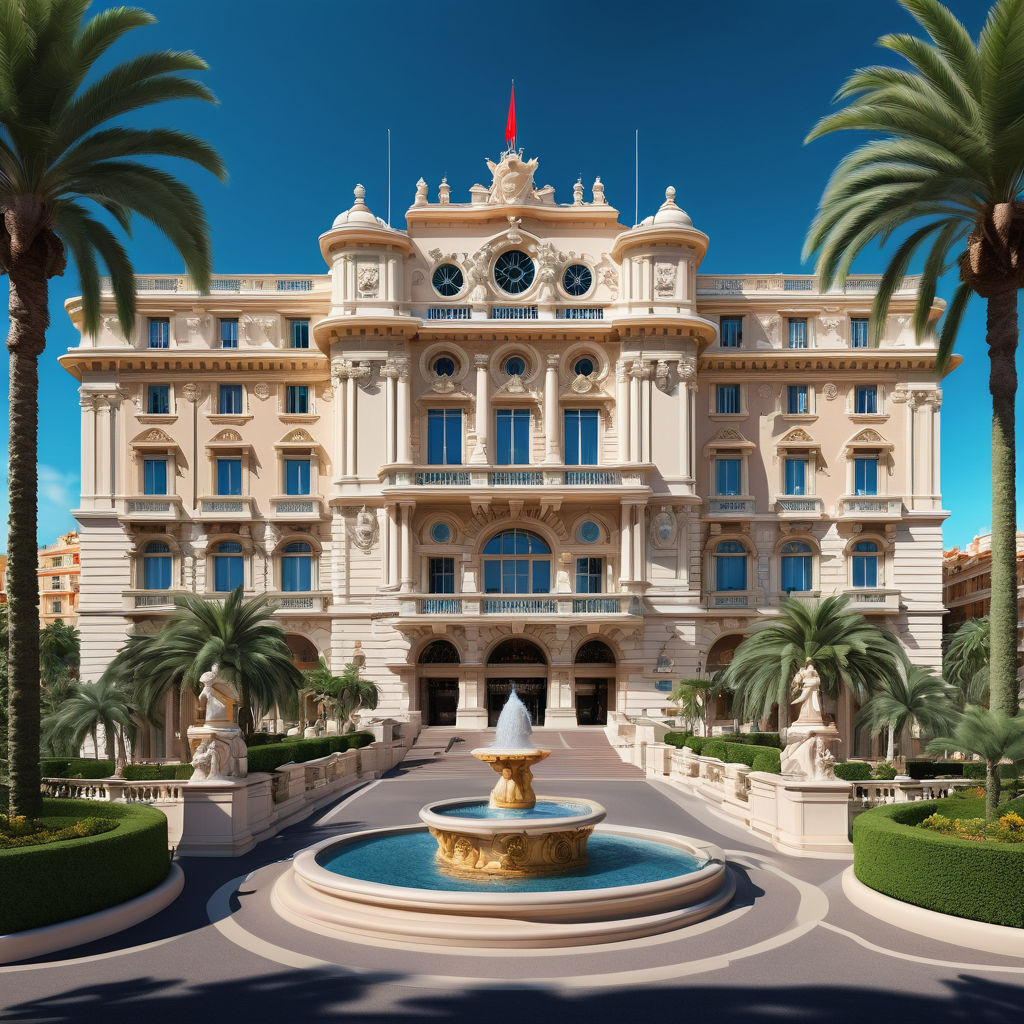Introduction to Monaco: A Jewel of the French Riviera
Exploring Monaco's Luxurious Lifestyle and Cultural Heritage

Introduction to Monaco
Monaco, a small sovereign city-state located on the French Riviera in Western Europe, is renowned for its affluence, luxury, and prestigious events. Bordered by France on three sides and the Mediterranean Sea on the fourth, Monaco spans just 2.1 square kilometers, making it the second smallest country in the world. The capital city, Monaco, is often referred to as Monte Carlo, a name synonymous with opulence and the famous Monte Carlo Casino. Monaco’s rich cultural heritage is deeply intertwined with its history, architecture, and the annual Monaco Grand Prix, a highlight of the Formula One calendar.
Cross-national and Cross-cultural Understanding
Monaco is a melting pot of cultures, owing to its strategic location and status as a tax haven. The Monegasque people are known for their cosmopolitan outlook and openness to different cultures. This is reflected in the country’s cultural exchanges, educational programs, and international partnerships that promote cross-cultural understanding. Monaco hosts numerous cultural events throughout the year, such as the Monaco International Film Festival and the Monte Carlo Television Festival, which attract participants and visitors from around the world. The Principality also maintains a variety of cultural exchange programs, fostering ties with other nations. The Prince’s Government actively supports the promotion of cultural understanding through initiatives like the Monaco Cultural and Scientific Centre in Paris and the Princess Grace Foundation. Educational institutions in Monaco, such as the International University of Monaco, offer programs that emphasize international business and cross-cultural communication, preparing students to engage effectively in a globalized world. Additionally, Monaco’s commitment to international cooperation is evident in its membership in organizations like the United Nations and the International Red Cross.
Interactions and Social Dynamics
Interactions between Monegasques and foreigners are generally characterized by politeness, formality, and respect. Social behaviors in Monaco reflect the country’s sophisticated and elegant lifestyle. The people of Monaco are accustomed to dealing with tourists and expatriates, which has cultivated a culture of hospitality and professionalism. Communication styles in Monaco are typically formal and courteous. While French is the official language, English and Italian are also widely spoken, facilitating communication with the diverse expatriate community and international visitors. This multilingualism enhances interactions and helps bridge cultural divides. Monaco’s social norms emphasize discretion, particularly in public settings. Privacy and respect for personal space are highly valued, and it is considered impolite to ask intrusive questions or engage in loud or disruptive behavior. Punctuality is also important, reflecting the country’s organized and efficient way of life.
Views on Dating and Relationships
Dating and relationships in Monaco are influenced by a blend of traditional values and modern practices. The country’s cosmopolitan nature means that dating foreigners is quite common, especially given the significant expatriate population. Monegasques generally view relationships with foreigners positively, appreciating the cultural diversity and new perspectives they bring. However, certain cultural expectations and traditions still play a role in shaping societal views on dating. Family approval and maintaining social status can be important factors in relationships. Public displays of affection are generally modest, reflecting the overall discretion and privacy valued in Monegasque society.
Marriage and Family
Marriage in Monaco is a significant social institution, often marked by grand celebrations and adherence to tradition. Marrying foreigners is generally accepted, but there are certain legal, social, and familial considerations to keep in mind. The legal process for marriage in Monaco involves residency requirements and the publication of marriage banns, ensuring transparency and public knowledge of the union. Cross-cultural marriages are common in Monaco, reflecting the country’s diverse population. These marriages often incorporate elements from both cultures, creating a unique blend of traditions and practices. Family support and acceptance are crucial in cross-cultural marriages, as they help the couple navigate cultural differences and build a harmonious family life.